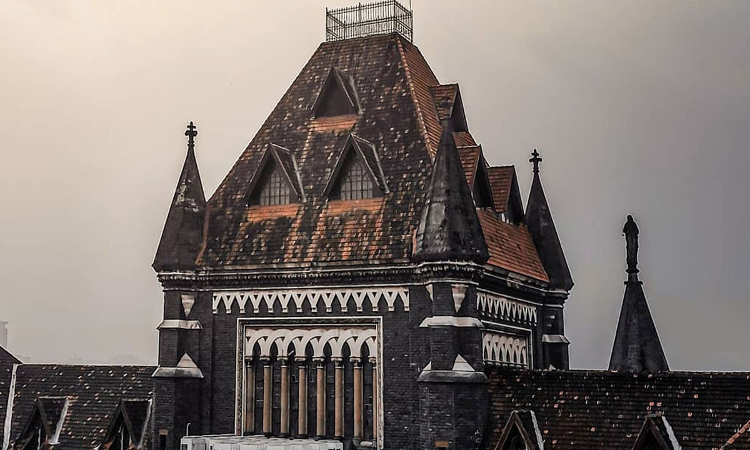Principle Of Denial Of Relief On Grounds Of Laches Applicable To PIL: Bombay High Court
Sanjana Dadmi
9 Aug 2024 5:25 PM IST

Next Story
9 Aug 2024 5:25 PM IST
The Bombay High Court observed that the principle of denying relief on grounds of delays and laches is applicable to Public Interest Litigation (PIL). It emphasized that in the absence of an explanation for the delay from the petitioners, the court may refuse to exercise its discretionary power under Article 226 of the Constitution of India."In the absence of any explanation, this Court is...
